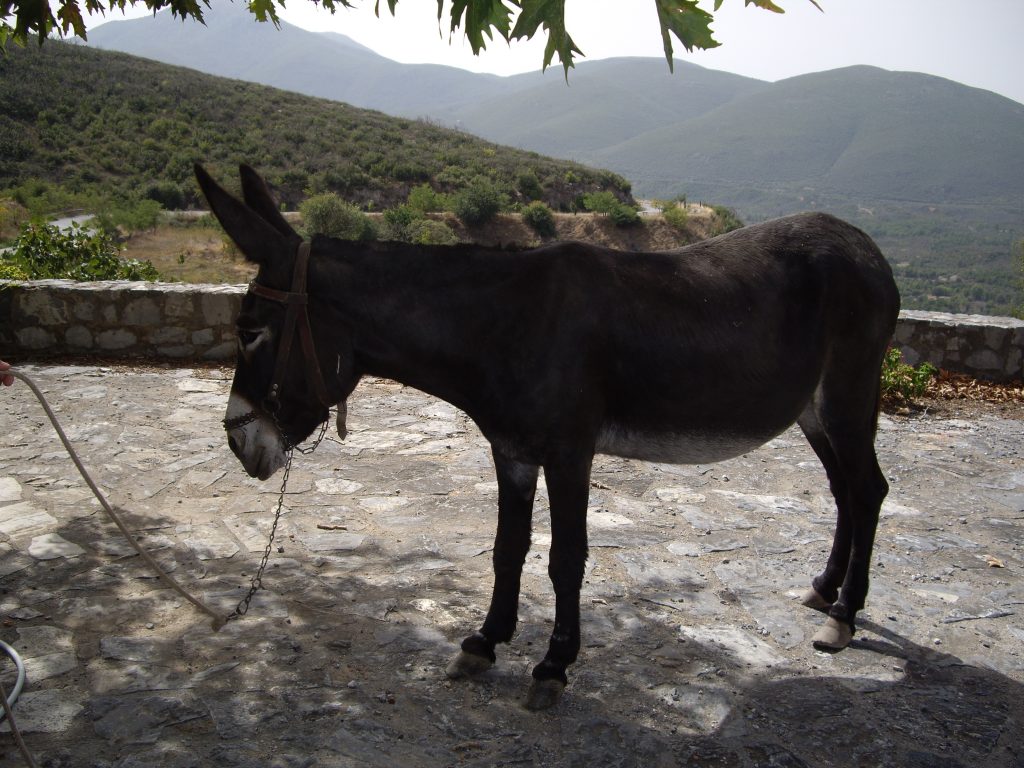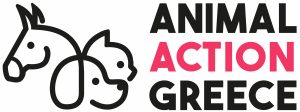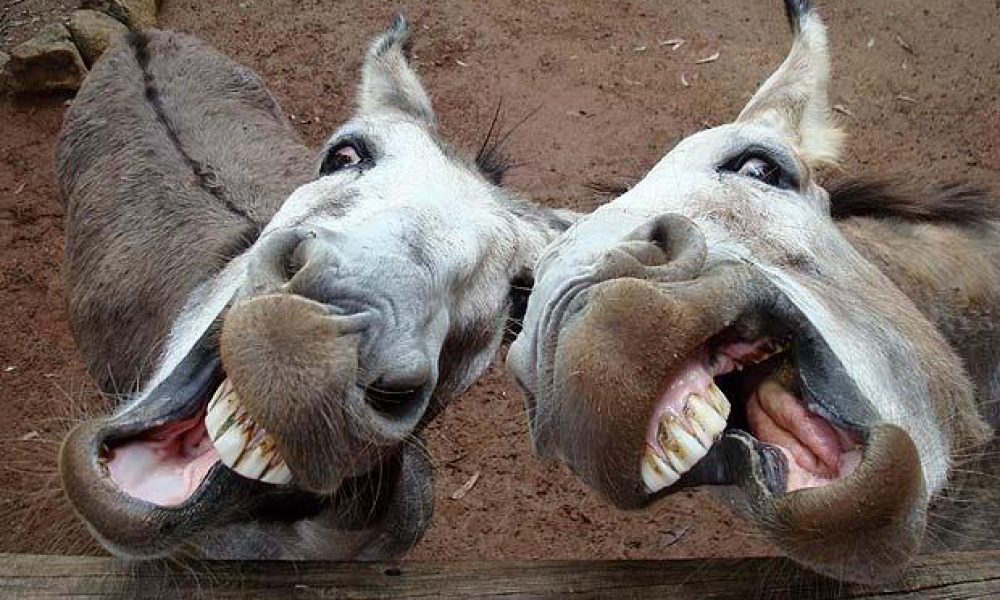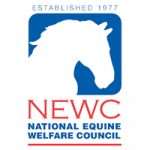We all tend to think of ‘mistreatment’ or ‘neglect’ as being principally associated with emaciated, underfed animals, and this is too often true. Another thing that is true is that we often feel frustrated by the amount of time it takes us meticulously to record information about the animals we examine and treat. It is easy to wonder whether we shouldn’t just forget the data gathering and concentrate on the ‘hands on’ part of our work. We’d probably be able to fit a couple more cases into the time we have available. So why don’t we? Well, the data can provide us with an understanding of underlying trends that we would miss if we didn’t have them. And identifying these is crucial to targeting our work effectively so that we can be sure we’re delivering welfare support where it’s needed most. This is particularly important when it comes to our Equine Project.
If you do an internet search for “overweight donkey Greece” you’ll find countless images of overweight tourists riding donkeys and mules up the steps of the caldera in Santorini. (This is an old problem that we and others have been campaigning to resolve. Thankfully, as a result, the Santorini muleteers are much more aware of their responsibilities to their animals these days). What you won’t find are images of overweight equidae (horses, donkeys, and mules). Nevertheless the records we kept of the ‘Body Condition Score’ of every equid we examined and cared for last year reveal a surprising truth: While we assessed most (64%) of the animals as in “good” condition, and very few (8%) as either “poor” or “moderate”, more than a quarter (28%) were either “overweight” or “obese”!
But why? And why does it matter?
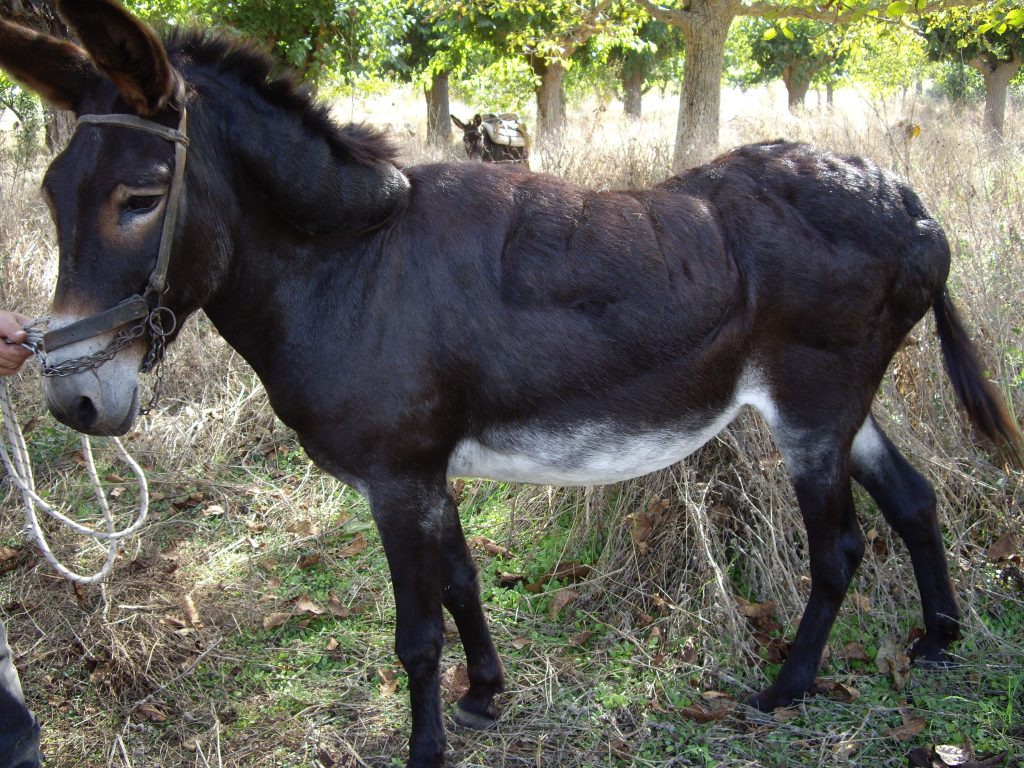
We think that, although some owners are proud of having a round, fat, riding horse, and others show how much they care about their animals by providing them with more feed than they need, the answer lies mainly in the changes in agricultural practices that have been taking place throughout Greece in recent decades. People are moving off the land; the older generation is retiring, and better roads are enabling farm vehicles to reach previously inaccessible areas. All these factors mean that a large number of what used to be working animals are now retired or semi-retired and are standing idly around in fields and stables. But too many of them are still being fed the same high carbohydrate grain they needed when they were getting a lot more exercise, so they’re piling on the pounds!
As is the case for us, humans, being overweight brings with it a range of health challenges. The one that perhaps affects an equid’s quality of life most, is laminitis.
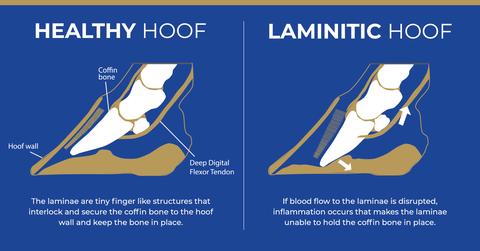
The condition can be treated if caught early but if it is left, it can lead to the need to euthanise an animal. Laminitis (also known as Founder), which is a condition of the hoof, can have a number of causes, but a diet high in carbohydrates is certainly one of the major ones. The soft tissues (laminae) that keep the lowest bone of the leg comfortably ‘suspended’ within the protective wall of the hoof, become inflamed and eventually break down to the point where the bone rotates and sinks downwards, putting great pressure on the sole and, in the most severe cases, even penetrating it. The pain can become excruciating and then euthanasia is the only humane option for the suffering animal. The members of our Equine Team always take time to explain to owners how to prevent or treat laminitis and can occasionally get surprisingly ‘robust’ with the dietary advice they offer. We’re glad they do, because, for every animal that benefits, it can mean the difference between walking on hot coals and walking on air!
